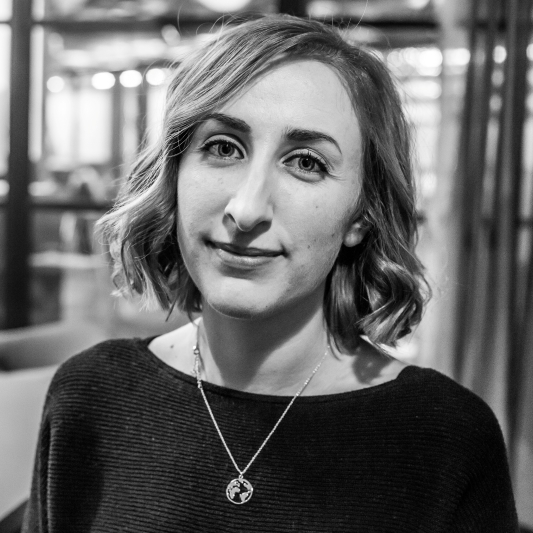Director of Marketing, Communications and Operations
Over the last nine years Louise has crafted a career in marketing and communications within higher education. Specialising in professional development, Louise thrives on working with people to bring alive the stories that show the wider world who they are and why what they do matters.

“As a marketer, I am fascinated by the narratives we choose to use to connect with others. My purpose with Invisible Grail is to support people to discover how they can make these connections, drawing on strengths that are already intrinsically theirs.
“Working here has brought together my love of words, my profession as a marketer, and my aspiration to make a positive difference to people’s lives. I am lucky enough to do this with colleagues who share a belief that we all have the potential to create extraordinary narratives which challenge our understanding of the way the world should be.”
Contact Louise, e: louise.clifton@invisiblegrail.com
Louise’s Blog Posts
[rpwe cat=”6″ limit=”4″ excerpt=”true” length=”35″ thumb=”true” thumb_height=”150″ thumb_width=”150″ readmore=”true” cssID=”ig-blog”]